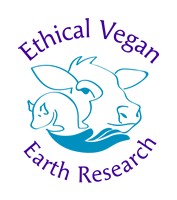A recent survey in Germany made me wonder. The question of the survey was: Are Vegans misanthropic?* and it was undertaken with 707 vegans in Germany (445 women, 257 men and 5 transsexuals) between 16 and 84 years old.
Not to my surprise, the results showed that the misanthropic vegan is a clich?? and that vegans actually care a lot about their fellow human beings. More than 90% of vegans mentioned that they care about social justice, equality for handicapped and sick people, equality for gay and bisexuals, care about overcoming racism and anti-Semitism, care about gender equality and environmental conservation and are against the exploitation of third world countries. Nearly 90 % mentioned that it is critical to provide support to refugees. Although there was no control group with non-vegans to understand if vegans are more philanthropic than non-vegans, the survey still??tells us a story: vegans care a lot about their fellow human beings.

After reading the results of this survey, I wondered, where does this clich?? come from???I certainly love my fellow human beings and would consider myself a philanthropic. However, as vegans we might often hear the criticism that we think that we are morally superior to meat-eating people or that we are ???too complicated??? when it comes to shared meals in family or friends gatherings. As we question the norm in our world where consuming animal products are taken for granted, can this be a defense mechanism of non-vegans to judge us as misanthropic?
What do you think where this clich?? comes from? And do you think it would help the??vegan movement??to disprove this clich?????I???d be very interested to hear your thoughts about this topic.
*The survey was done by www.vegan.eu and www.gleichklang.de.


